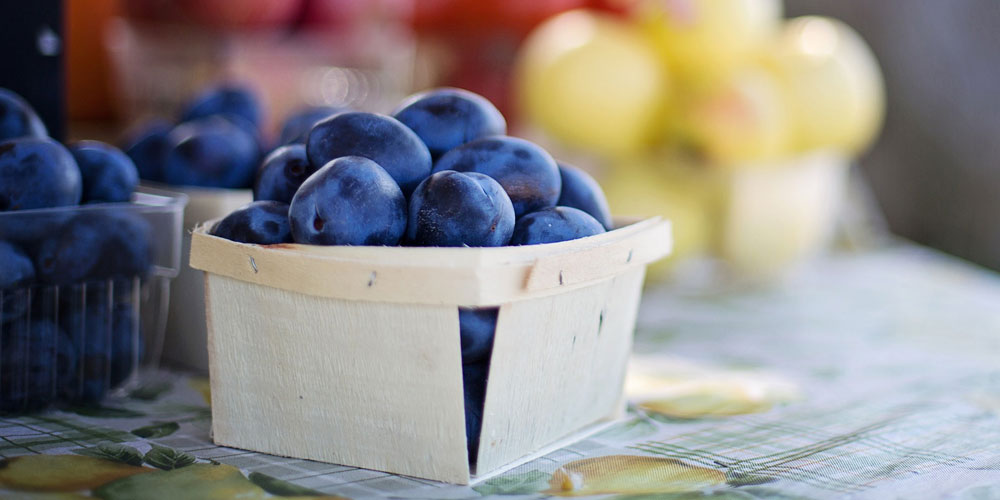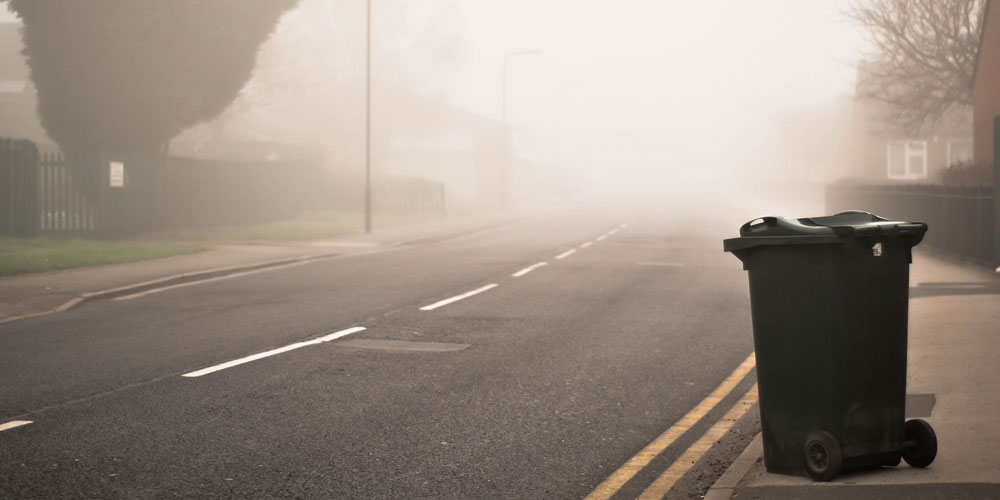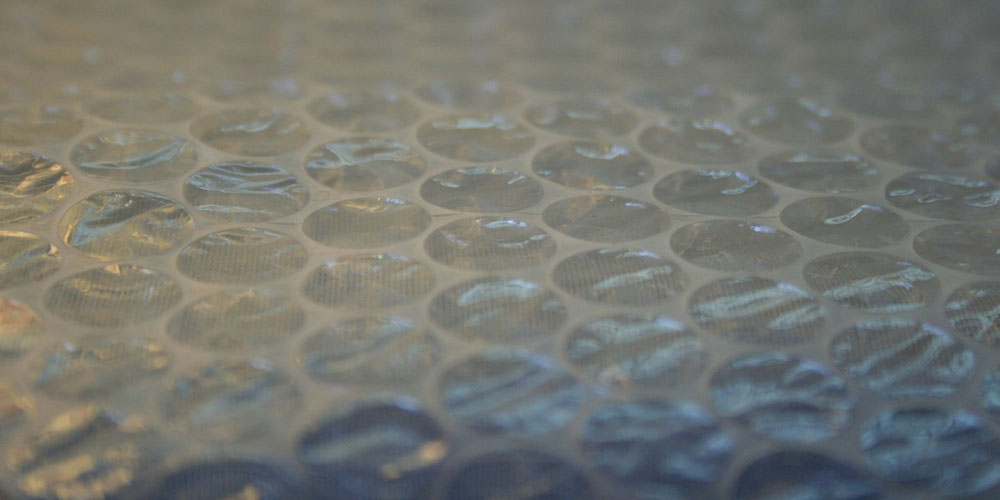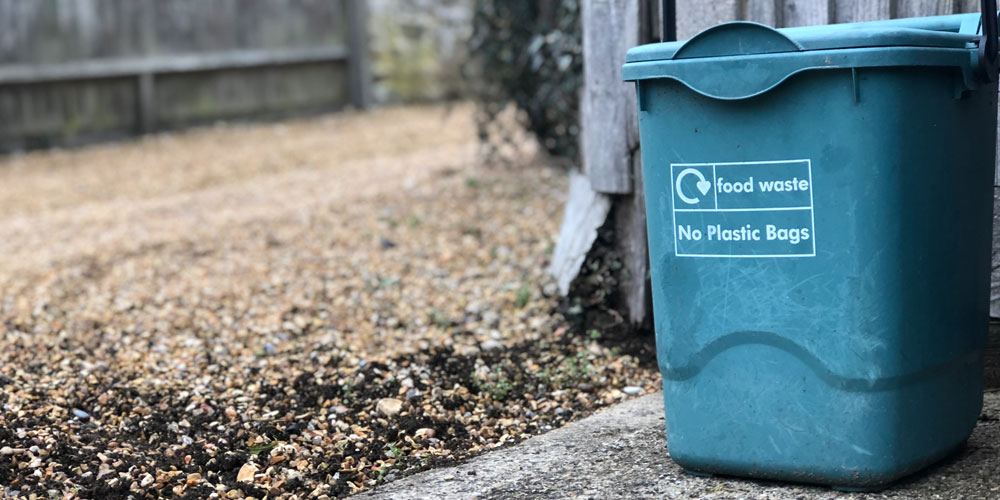By Steph McCann, WWF-Australia
I'm used to talking trash.
Whether it's bubble wrap, takeaway containers or used coffee bags, I'm constantly fielding questions like 'can I recycle this?' and 'which bin do I use?' My WWF colleagues and I are certainly not alone in wondering these things.
Australians want to do the right thing, but due to the complexity of the plastic multiverse and the sheer number of plastic products we use each day, we’re in a conundrum. Even with the best intentions, it's easy to accidentally send valuable materials to landfill, or to contaminate truckloads of recycling.
Though there isn’t a one-size-fits-all solution, here are a few tips that I've learned:
Reduce your use
Above all else, minimise the amount of plastic that you bring into your life in the first place. Buy from places that give you the choice to shop plastic free or to bring your own containers, like farmers markets and bulk food stores.

Go one step further, and ask your favourite shops to make this change. Now that the two major supermarkets have banned single-use plastic bags (hats off to Woolworths and Coles!) the momentum appears to be growing.
Ask questions
The next important step is learning how recycling in your local area works. Most councils have their own kerbside recycling services, policies and practices for sorting our co-mingled bins (the ones you put plastic and glass in).

Planet Ark’s national council database provides a lot of info, and can also help you contact your council's Waste Services Hotline, staffed with experts to answer waste questions relevant to your council. They’ve also developed a really user-friendly app to bring much of this information right to your fingertips. It’s called Recyclesmart.
The soft plastics puzzle
Single-use soft plastics (like bread bags, biscuit packets, bubble wrap, and mail satchels) cause a lot of uncertainty. It's enough to leave the most passionate recycler breathing deeply into a paper bag.

REDcycle bins in Woolworths and Coles are helping to collect many of your soft plastics which are then magically transformed into some awesome products like outdoor furniture. Check out the comprehensive list of what you can deposit in the REDcycle bins and where.
Contamination frustration
Now, with your new-found enthusiasm for recycling, be vigilant about understanding contamination. In other words, what can and can’t go into your co-mingled bin. Even some products made from recyclable materials can contaminate recycling when it's being processed.

Here are a few common items that have tripped us all up:
- Small plastic items like bottle lids can be recycled, but individually may slip through recycling machines, so put them into a larger plastic bottle before adding them to your co-mingled bin.
-
Plastic wrap used to cover food, so long as it's reasonably clean, is good to go with other soft plastics in a REDcycle bin. Don’t waste water washing plastic wrap, just scrape it clean.
-
Aluminium foil is a valuable and infinitely recyclable material. In small pieces, it can cause problems during processing, so wait until you've got enough to create a replica shield before adding it to your co-mingled bin in a lump.
-
Foil-like packaging (think chocolate wrappers, chip packets and those little silver bags water crackers come in) fall into the soft plastics category and should be reserved for the REDcycle bins.
-
Polystyrene and cellophane are both a definite no-no for recycling. Cellophane (the stuff food hampers are often wrapped in) may look like soft plastic, but it cannot be recycled with your soft plastics collection.
---
As you can see, Australia’s recycling system is far from perfect (or simple). The good news is, pressure on our domestic infrastructure means there’s an opportunity for big change. WWF is working on it, and we’re dedicated to finding innovative solutions to reduce our reliance on plastic.
In the meantime, every one of us can do our bit. It all comes down to making more conscious shopping decisions and changing our recycling habits. When we throw something in our general waste bin, even though it may be out of sight and out of mind, your plastic will still be haunting landfill for hundreds of years, or worse, ending up in a whale’s stomach.
Remember, you are part of the solution.
Make the pledge to #ReduceYourUse